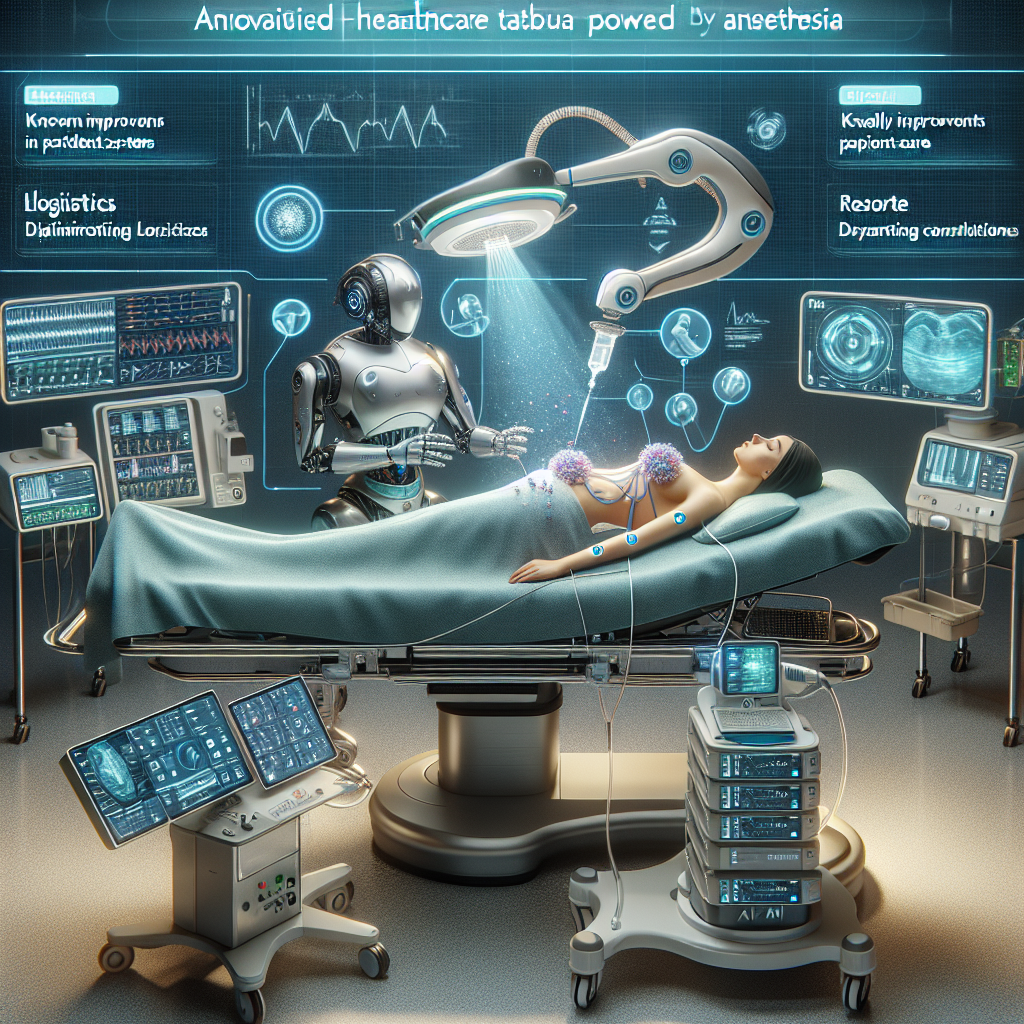In an era where artificial intelligence (AI) is redefining potentials across various sectors, the healthcare industry is witnessing transformative changes with the integration of AI in critical areas such as anesthesia administration. Initially focusing on providing AI-driven guidance to anesthesiologists, C8 Health, a pioneering technology firm, is expanding its technology to encompass entire hospital systems, aiming for comprehensive enhancements in hospital operations and patient care.
C8 Health first ventured into the healthcare domain with Vivant, an AI tool designed to support anesthesiologists by delivering real-time, data-driven insights. This tool helps in decision-making during surgeries by predicting patient stabilization times and offering dosage guidance for drugs. Such capabilities are crucial, considering the precision required in anesthesia, where the margin for error is minimal and the stakes are exceedingly high.
The initial success of Vivant in the field of anesthesia has set the stage for C8 Health to broaden its scope. The company now aims to extend its AI capabilities to handle broader aspects of hospital operations, from administrative tasks to patient management. Leveraging AI in this expanded capacity could streamline hospital workflows, reduce human error, enhance the efficiency of resource usage, and significantly improve patient outcomes.
What sets C8 Health apart in the rapidly growing sector of health-tech is its iterative approach to developing and refining AI tools. Starting with a specific, high-stakes department like anesthesiology, where the need for accuracy and timeliness of information is critical, has allowed C8 Health to demonstrate tangible benefits of its technology. These initial successes provide a solid foundation for expanding and adapting AI solutions to more complex, interconnected hospital processes.
The integration of AI into healthcare settings is not without challenges. Issues surrounding data privacy, the accuracy of machine learning models, and the potential replacement of human jobs are of significant concern. However, companies like C8 Health are navigating these challenges by designing systems that support rather than replace human expertise and by adhering to stringent data security standards.
Moreover, the expansion of AI applications in healthcare is seen as a promising avenue not only for enhancing operational efficiency but also for making healthcare more personalized and predictive. With AI’s ability to process and analyze vast amounts of data, medical professionals can gain insights into patient health patterns, potentially leading to earlier diagnoses and more tailored treatment plans.
As C8 Health moves forward with its vision to reimplement hospital infrastructures around AI-driven platforms, it could be at the forefront of a new wave of healthcare innovation. The implications for patient care and hospital management are vast, portending a future where AI and human expertise converge to deliver safer, more efficient, and more patient-centered healthcare.



